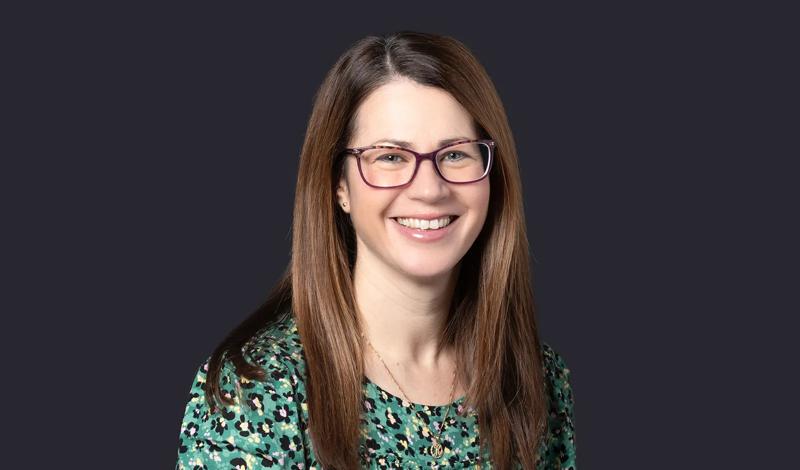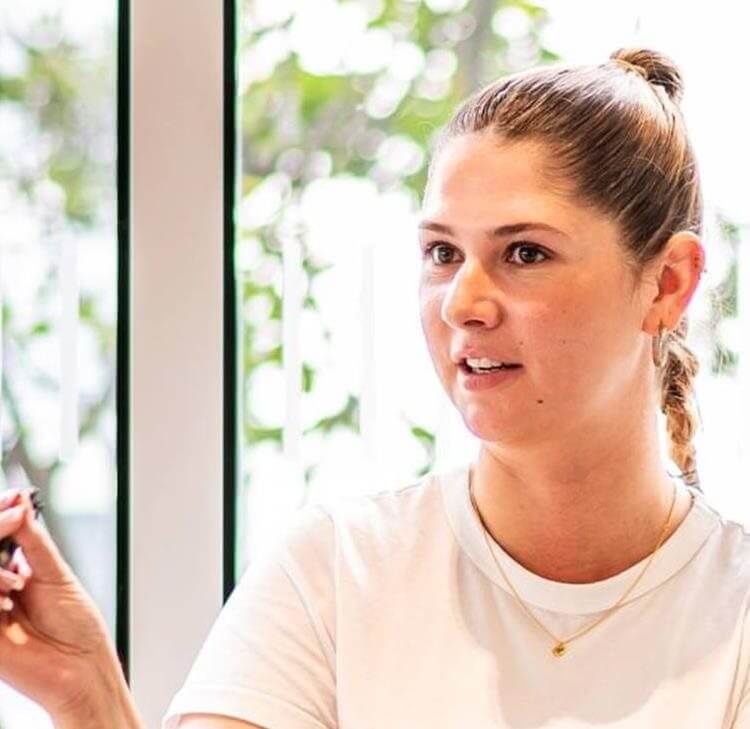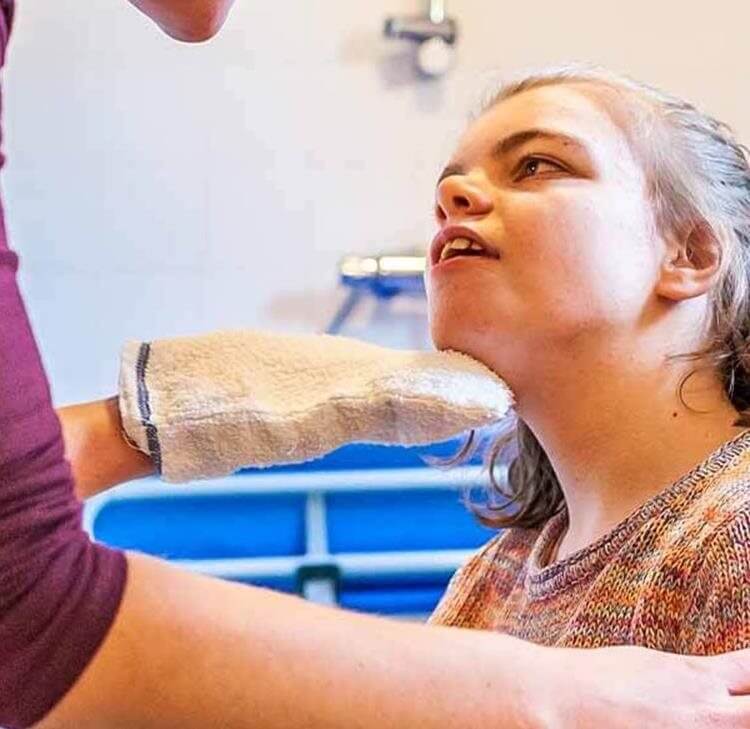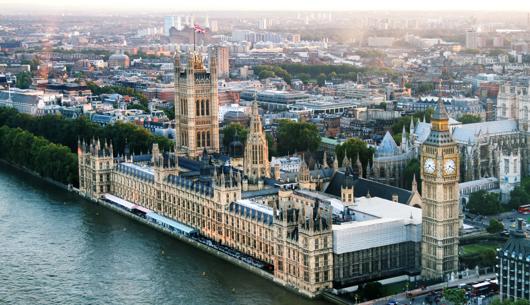Welcome to our dedicated mental health, mental capacity and deprivation of liberty newsletter, where we bring you significant updates and case law developments in these complex and compelling areas.
We’ve aimed to ensure that our content is not only informative but also practical, enabling you to apply the principles effectively into your everyday practice:
- News.
- Deprivation of liberty.
- Mental capacity.
- Mental health.
- Spotlight on Clare Shepherd.
We welcome questions about any areas mentioned in our newsletter, as well as feedback on topics you would like us to cover.
Next mental capacity and mental health forum, 8 July
Our next mental capacity and mental health forum will be taking place on 8 July from 9:30am to 10:30am.
This session will explore the challenges and considerations for practitioners when children under health or social care transition into adulthood.
Hosted by Rebecca Blackwood, Barrister/Senior Associate and Laura Thomas, Associate, we’ll focus on key areas including deprivation of liberty, childcare orders, and the mental health system, providing guidance on the legal transformations and practical issues that accompany the transition from childhood to adulthood.
If you haven’t already registered to attend, please RSVP here. We look forward to seeing you!
News
The Supreme Court looks at anonymity injunctions in withdrawal of treatment cases involving children
The Supreme Court recently delivered its judgment in the case of Abbasi and another v Newcastle upon Tyne Hospitals NHS Foundation Trust and Haastrup v King’s College Hospital NHS Foundation Trust [2025] UKSC 15.
This case looked at injunctions in proceedings concerning the withdrawal of life-sustaining treatment of children, to protect the anonymity of clinicians and hospital staff involved in that treatment.
Mental Health Bill progress and call for evidence
The Mental Health Bill, which seeks to reform the Mental Health Act 1983 (MHA), is steadily making its way through Parliament and is now at the Committee Stage in the House of Commons. Several amendments have been made to the Bill, despite government opposition.
A 'call for evidence' in relation to the Bill has recently been announced. Anyone with relevant expertise and experience or a special interest in the Bill can submit their views in writing to the House of Commons Public Bill Committee. Evidence needs to be submitted as soon as possible, as the Committee is expected to report on the Bill by 26 June, after which time it can no longer receive evidence.
Can those with a probate claim access a deceased patient’s records?
In the recent significant case of Tubb & Anor v Rosmellyn Surgery [2025] 5 WLUK 262, the county court provided crucial guidance on the interpretation of the Access to Health Records Act 1990 (AHRA), specifically section 3(1)(f). Under this section, an application for access to a deceased patient’s health record can be made by “the patient’s personal representative and by any person who may have a claim arising out of the patient’s death”.
In the case, the court clarified that a probate claim is "a claim arising out of the patient’s death". Therefore, probate claims fall within the meaning of section 3(1)(f) AHRA and those with a probate claim have the right to apply for access to the deceased patient's records.
Deprivation of liberty
Court of Appeal explains why a local authority cannot consent to the deprivation of liberty of a looked after child
At our last mental capacity and mental health forum in March, we discussed deprivation of liberty in respect of children. We referred to a recent Court of Appeal case, which held that a local authority cannot consent to the deprivation of liberty of a looked after child. At the time of the forum, the Court of Appeal’s judgment had not been published, but it has now been handed down here.
Our article looks at the background to this case and explains the reasoning behind the Court of Appeal’s decision.
Parental consent to the confinement of a child revisited
Deprivation of liberty in respect of children was also considered in Re QX (Parental Consent for Deprivation of Liberty: Children under 16) [2025] EWHC 745 (Fam). This case confirmed that individuals (not local authorities) with parental responsibility can consent to the confinement of a child under 16 who lacks Gillick competence, provided parental responsibility is being exercised appropriately. A court authorisation for the deprivation of liberty is not required.
Our article explains the decision, explores the concerns expressed by the judge about this approach and highlights the challenges faced by local authorities in these types of cases.
Mental capacity
Robust capacity assessments and “contingent” capacity
In Calderdale MBC v LS [2025] EWCOP 10 (T3), Mr Justice Cobb considered whether LS (referred to as “Stitch” because of her favourite Disney character) had capacity to conduct proceedings and to make decisions about residence, care, contact with others, internet and social media use and to engage in sexual relations. In the judgment, the importance of rigorous capacity assessments was emphasised. The Judge also determined that decision-making capacity cannot be contingent on there being compulsory care plans or support in place.
Read more about this case in our recent article, which includes tips on producing a robust capacity assessment.
Mental health
High Court agrees NHS Trust does not have to force treatment on detained patient, even though it falls within s.63 of the Mental Health Act
The Browne Jacobson team recently acted for the applicant NHS Trust in Nottinghamshire Healthcare NHS Foundation Trust v MC [2025] EWHC 920 (Fam).
In this case, the High Court agreed that it was lawful for the NHS Trust not to force physical health treatment on a patient detained under the MHA, despite the treatment falling within section 63 of the Act and therefore capable of being provided without the patient’s consent.
Spotlight on Clare Shepherd
Clare Shepherd, Senior Associate
Clare is a Senior Associate within the Browne Jacobson health advisory and inquest team, who co-hosted our forum in March. We talk to her about why she likes mental health and capacity law, interesting cases she’s worked on (including one involving the Royal Family), and her 'fake' Northern Irish accent.
Contact

Mark Barnett
Partner
mark.barnett@brownejacobson.com
+44 (0)330 045 2515

Katie Viggers
Professional Development Lawyer
katie.viggers@brownejacobson.com
+44 (0)330 045 2157








































